Youth Wellness
When curaJOY first started and began designing our program to improve all family members’ emotional wellness, we expected to mostly hear from parents concerned about their kids’ emotional wellness and social-emotional development. But it was youths—tweens and teens around the world who sought us out, asking for help to become happier and make more friends.
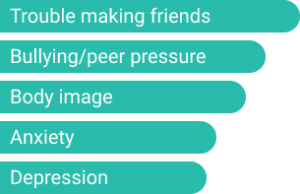
EVERYONE DESERVES SOMEONE WHO’S ON THEIR SIDE
When Kids Talk, We Listen 👂!

9 Out Of 10
kids surveyed wished their parents cared more about their emotional well-being
What’s worse, 33 percent of educators say that sometimes what people call a learning disability is actually laziness, downplaying the very real stress and burnout people with learning disabilities experience. Because of this, teens are discouraged from seeking out help, believing that they’ll be seen as lazy if they try, or that they are just overreacting to the problems they face.
Less than 20% of children in emotional distress get care.
Over half of the people curaJOY surveyed believe they would benefit from counseling, coaching or other types of behavioral health support. The world is facing an unprecedented shortage of behavioral health professionals (therapists, psychologists). This shortage contributes to the low number of people receiving behavioral healthcare, but another issue is not seeking help. Our youth suffer in silence. Why?
In fall 2022, curaJOY interviewed more than 1,700 families in the United States and East Asia. Thousands of kids shared their struggles with bullying, peer pressure, friendships, and more. Over 50% of kids surveyed believe they would benefit from counseling or other types of support but cited parents’ attitudes as the main barriers to getting help.
Even perfectly typical kids without mental conditions are not immune to anxiety, burnout, or pressure. Many teens feel insecure about themselves for various reasons, from body image to academic success and social media life. Rigorous school life and exaggerated social media posts combined with pressures at home can make even the most cheerful teen feel as though they have nowhere to turn to—as though they are not good enough and never will be. So many teens feel this way to the point where suicide is the fourth leading cause of death in teenagers aged 15-19.
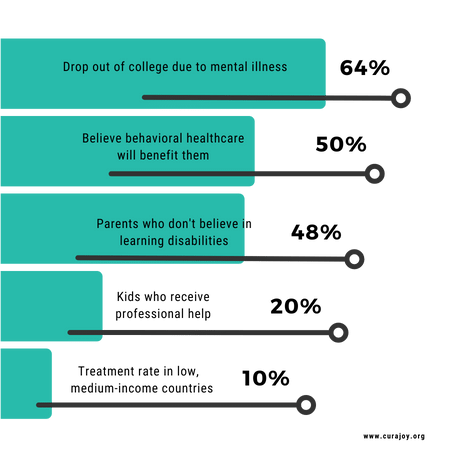

⬅Barriers To Receiving Help 😣
Although technology has dramatically pioneered ways to fight diseases and make life more comfortable, mental health has been mostly left in the dark. To most people, what’s going externally (i.e., physical health and education) are the only things needed to live a happy, successful life. But they don’t realize that youth mental health programs plays a significant role in health and learning. The brain controls the body. If the brain is stressed out and needs help, the body will become stressed. Health declines, and students struggle to learn. Over 50% of kids with emotional, behavioral, and mental health disorders drop out of school. It’s not because they’re immature or simple-minded, but because they didn’t get the mental health care they need and are dealing with stress in unhealthy ways.

🙋♀️ Did you know?
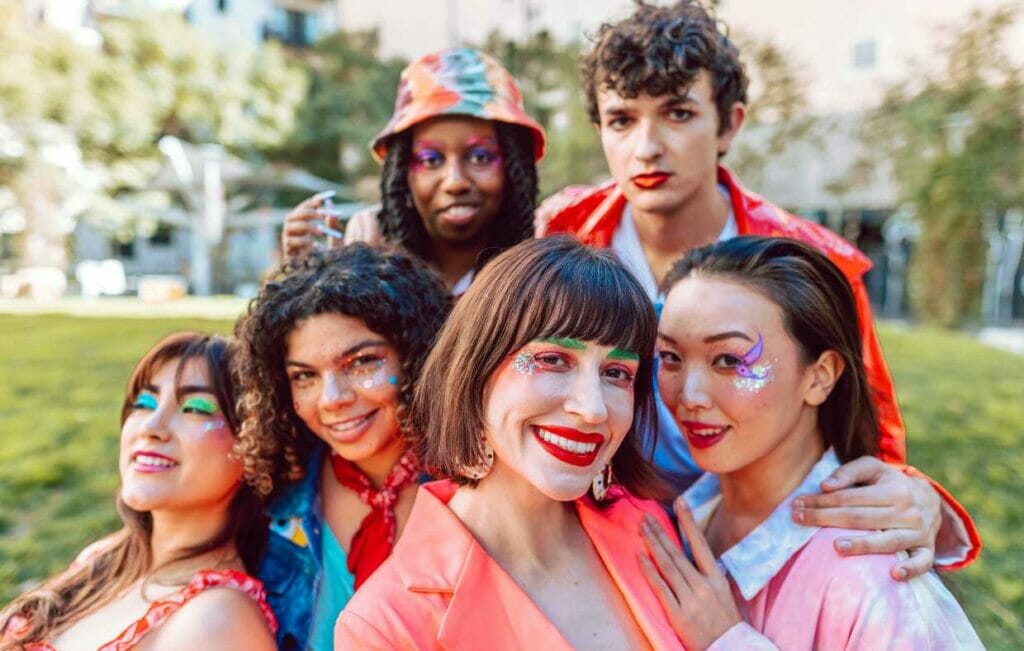
1 in 5 LGBTQ teens attempted suicide
More than 52% of LGBTQ suffer from poor mental health of teenagers. This affects their physical wellbeing and educational outcomes.
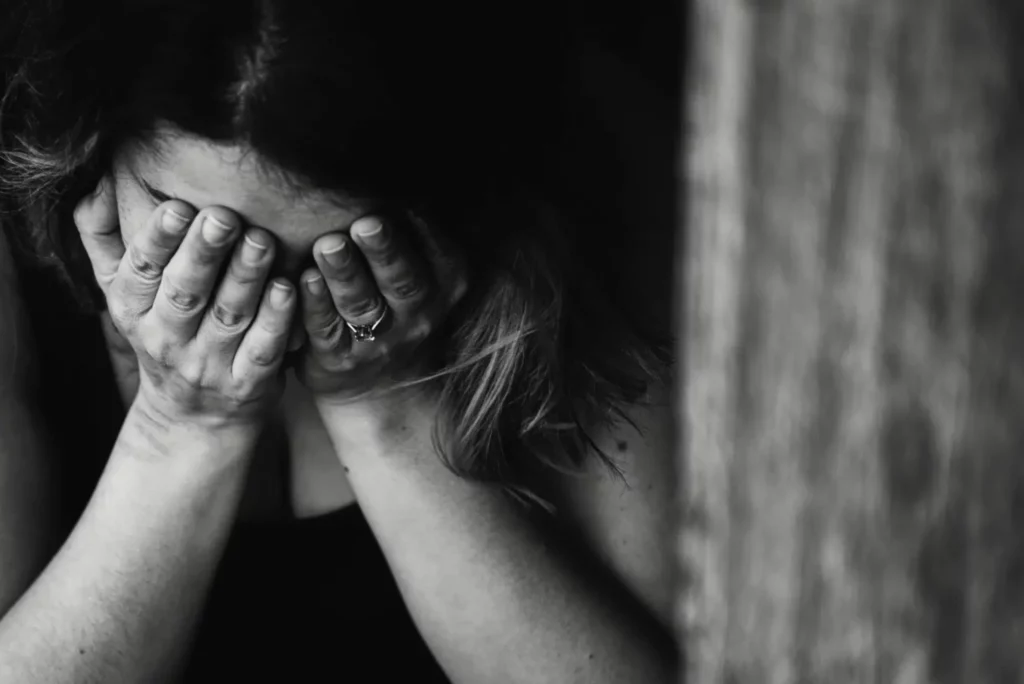
Thoughts of suicide up 60%
According to the latest CDC research, more than 1 in 3 teenagers have seriously considered suicide. Adult stress during COVID seeped down to children who do not deserve yelling, put-downs, neglect, and beatings.
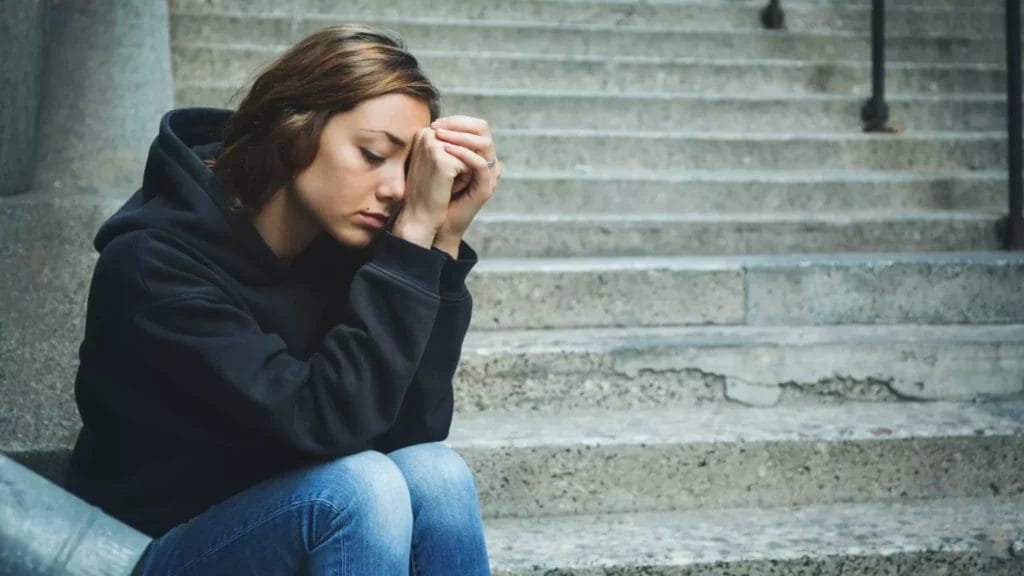
57% of Teenage Girls have Reported Feeling Sad or Hopeless
Teenage girls are emotionally distressed at a historic high, twice as much as teen boys. 1 in 5 experienced sexual violence just in the last year.
Taking Care of Our Youth Secures Everyone’s Futures
curaJOY creates a one-stop behavioral support program, MyCuraJOY, to serve as a safety net for youth who could otherwise only depend on their caretakers to recognize and accept their distress.
